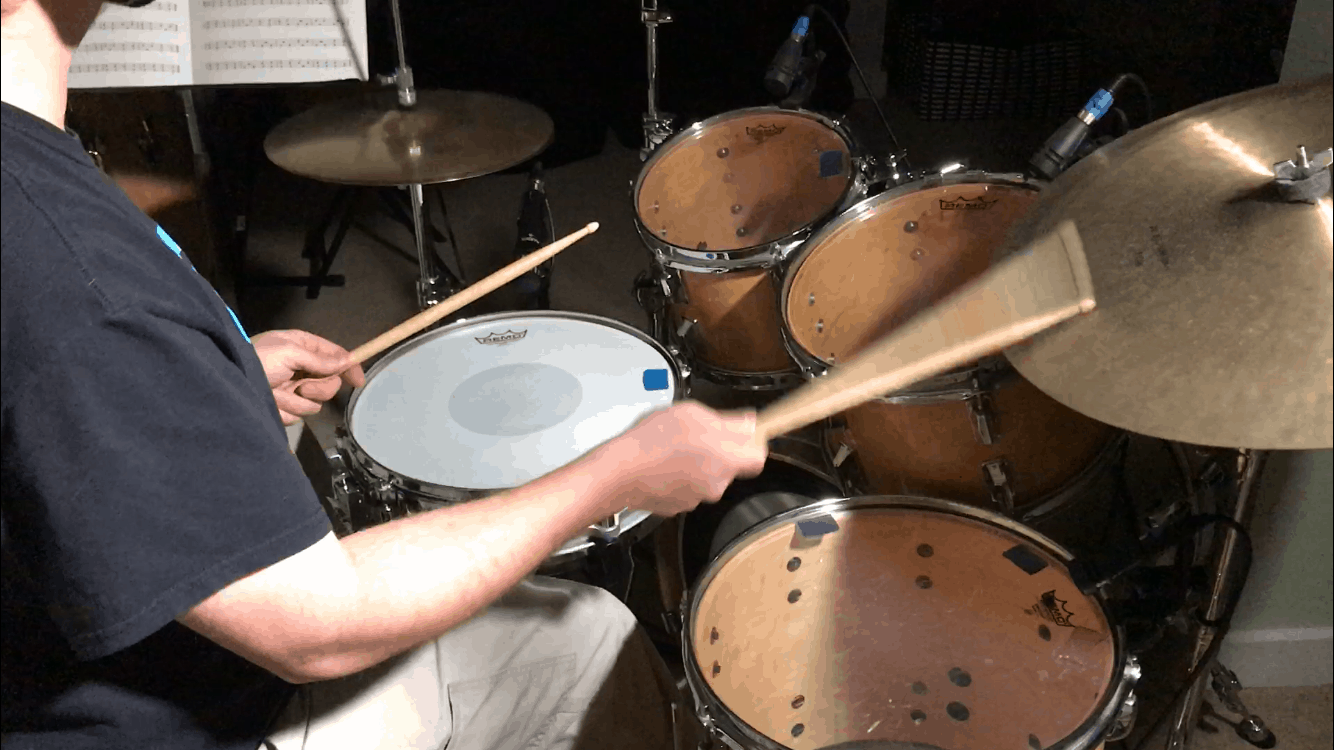Drumming has been a part of human culture for centuries, connecting people through rhythm, energy, and shared expression. Today, it remains one of the most engaging and rewarding instruments to learn. While private lessons have their advantages, many learners are now turning toward group-based approaches for a more dynamic and social experience.
Why Choose Group Drum Lessons?
Opting for group drum lessons provides an opportunity to develop musical skills in a supportive, collaborative environment. Unlike individual sessions, group learning fosters a sense of community, allowing students to interact, exchange ideas, and motivate each other. It also enhances rhythm coordination as participants learn to stay in sync with one another, which mirrors real-world performance settings like bands and ensembles.
Building Confidence Through Shared Learning
One of the greatest benefits of learning in a group is the confidence it instills. Beginners often feel hesitant when starting a new instrument, but being surrounded by peers who are on the same journey helps reduce self-consciousness. Sharing progress, celebrating achievements, and working through challenges collectively makes the process more enjoyable and less intimidating.
Enhancing Musical Skills with Ensemble Practice
Group sessions provide the unique advantage of ensemble practice. Unlike solo drumming, ensemble learning encourages students to listen actively, match tempos, and adapt to different rhythmic patterns. This strengthens not only technical drumming skills but also critical musical qualities such as timing, dynamics, and coordination with others. Such skills are invaluable for anyone who wishes to perform in bands, orchestras, or collaborative projects.
Social and Emotional Benefits
Music has always been a tool for connection, and drumming in a group amplifies this effect. Learners form bonds, share experiences, and support one another’s growth. This creates a positive emotional environment that enhances learning outcomes. Additionally, group drumming can relieve stress, improve focus, and boost overall well-being. The rhythm becomes not only a skill to master but also a form of therapy.
Developing Discipline and Consistency
Consistency is key to mastering any instrument. Group lessons often come with structured schedules, encouraging learners to stay committed. Knowing that peers are expecting your participation creates accountability, which helps prevent procrastination. Over time, this discipline extends beyond music, positively influencing other areas of life such as studies, work, or personal goals.
Encouraging Creativity and Improvisation
While structure is important, drumming is also about creativity and expression. In a group setting, learners are encouraged to experiment, improvise, and explore their own style. They may take turns leading rhythms, adding variations, or creating spontaneous patterns that the group builds upon. This collaborative creativity fosters individuality within the collective experience.
Suitable for All Ages and Skill Levels
Group lessons are highly adaptable, making them suitable for both children and adults. Beginners benefit from watching more advanced learners, while experienced players refine their skills by helping others. This intergenerational and skill-diverse approach ensures that everyone has something valuable to contribute and gain.
The Long-Term Impact of Group Drumming
Beyond learning to play, group drumming builds lifelong skills. Participants develop teamwork, patience, communication, and problem-solving abilities. The collaborative setting mirrors real-world interactions, preparing learners not just for musical opportunities but also for personal and professional growth.
Tips for Getting the Most Out of Group Drum Lessons
To maximize the experience, learners should:
- Stay consistent with practice and attendance.
- Listen actively to both the instructor and peers.
- Be open to feedback and willing to improve.
- Engage fully by participating in discussions and exercises.
- Practice at home to reinforce skills developed in class.
Conclusion
Group drum lessons offer far more than just the ability to play an instrument. They bring people together, foster creativity, build confidence, and encourage discipline—all while making the learning process enjoyable. Whether for personal enrichment, social connection, or preparation for performing with others, drumming in a group is a rewarding journey that combines rhythm, energy, and shared passion into one powerful experience.
George is the voice behind Wisdomised, a news blog dedicated to delivering fresh, engaging stories that keep readers both informed and entertained. With a sharp eye for current events and trending topics, George crafts posts that make complex news accessible and enjoyable. His unique perspective and storytelling skills bring a refreshing twist to every update, inviting readers to explore the world through Wisdomised.
